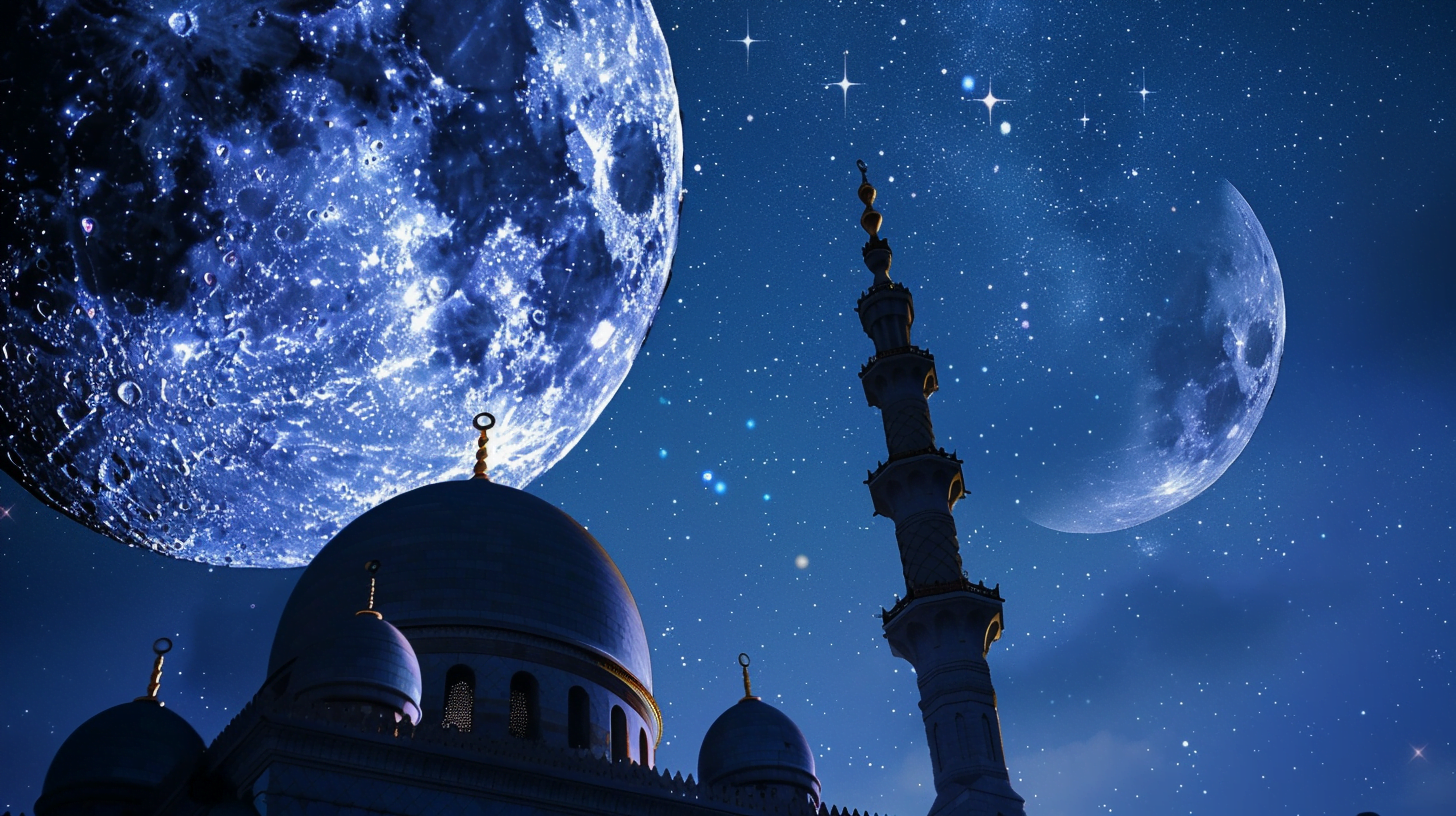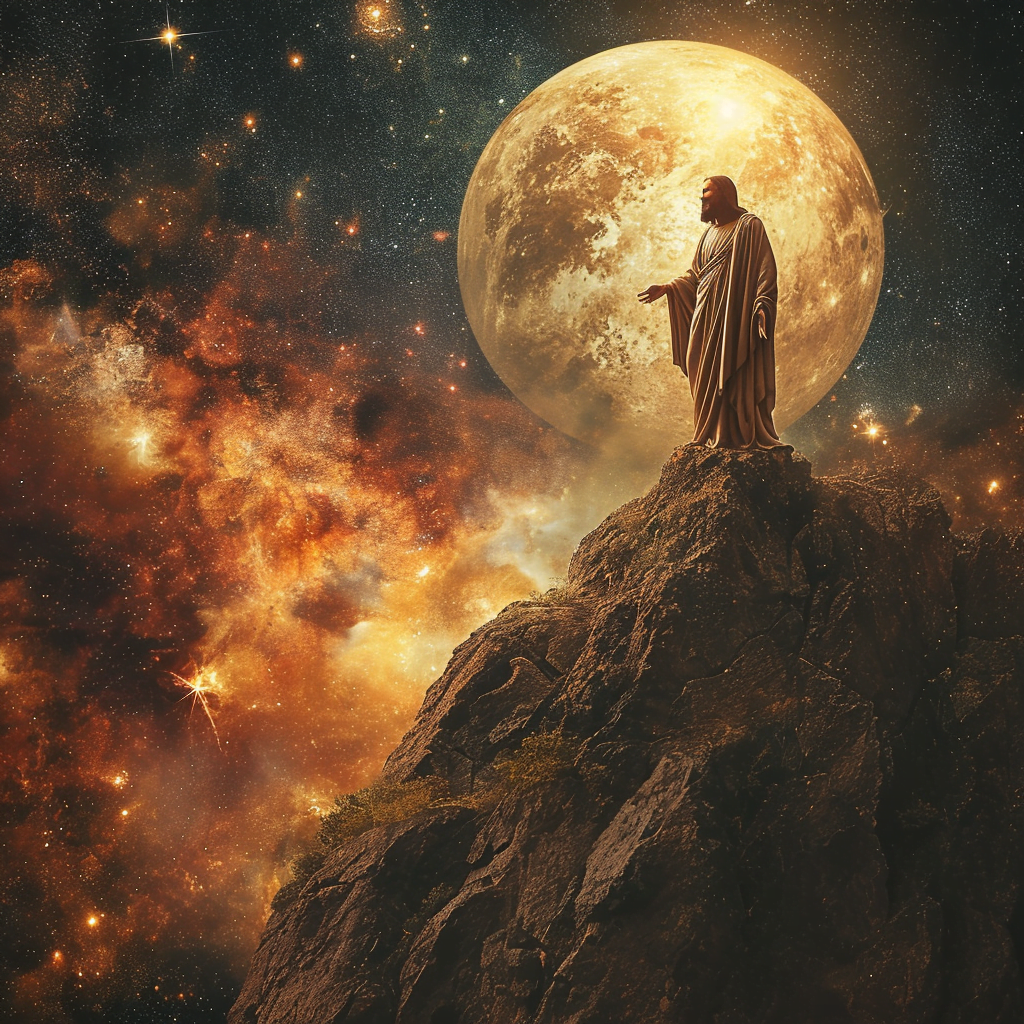The subject of this article explores the intriguing question of the religious origins of Zodiacs. With the use of astrology and the study of the Zodiac being popular in various cultures throughout history, one wonders about the religious beliefs that underpin these practices. By delving into the historical context and examining the role of astrology in different religions, this article aims to shed light on the relationship between religion and Zodiacs, ultimately unraveling the fascinating connections between spirituality and the celestial realm.
Overview of Astrology
What is Astrology?
Astrology is a belief system that involves the study and interpretation of celestial bodies and their influence on human behavior and events. It is based on the idea that the positions and movements of the stars, planets, and other celestial bodies can provide insights into human personalities, relationships, and future events. Astrology is often utilized to create horoscopes, which are personalized predictions based on an individual’s birth chart.
Origin of Astrology
The origins of astrology can be traced back to ancient civilizations such as Mesopotamia and Egypt. The earliest known astrological records date back to around the 2nd millennium BCE. In these early societies, astrologers used observations of celestial objects and their relationships with earthly events to predict the future and guide decision-making. As civilization progressed, astrology spread to different cultures and evolved with their respective religious beliefs and practices.
Beliefs and Practices in Astrology
Astrology encompasses a wide range of beliefs and practices. Many astrologers believe that the positioning and alignment of celestial bodies at the time of a person’s birth can determine their personality traits and life path. They interpret these positions by dividing the celestial sphere into twelve equal parts, known as zodiac signs. Astrologers also study the interactions between different celestial bodies, such as conjunctions and oppositions, to understand the potential impact on individual lives or collective events.
The Concept of Zodiacs
What are Zodiacs?
In astrology, zodiacs refer to the twelve equal divisions of the celestial sphere, each associated with a particular constellation. The zodiac is further divided into twelve zodiac signs, with each sign representing different personality characteristics and qualities. The signs are traditionally represented by symbols such as Aries, Taurus, Gemini, Cancer, Leo, Virgo, Libra, Scorpio, Sagittarius, Capricorn, Aquarius, and Pisces.
Significance of Zodiacs
Zodiacs hold significant importance in astrology as they provide a framework for character analysis and prediction. Each zodiac sign is associated with specific personality traits, strengths, weaknesses, and tendencies. Individuals born under certain signs are believed to exhibit common behaviors, preferences, and inclinations. The zodiacs also play a role in determining compatibility between individuals, as signs are often paired based on their perceived similarities or differences.
Interpretation of Zodiac Signs
Astrologers interpret zodiac signs by analyzing the traditional characteristics associated with each sign and identifying how they manifest in an individual’s life. For example, Aries is traditionally associated with traits like assertiveness, leadership, and independence. An Aries individual might exhibit these qualities in their personal and professional relationships. Astrologers also consider other factors such as the positions of other celestial bodies in a person’s birth chart to provide a more nuanced interpretation of their zodiac sign.
Religion and Zodiacs
Connection Between Religion and Zodiacs
The relationship between religion and zodiacs is complex and varies across different cultures and belief systems. In some religions, zodiacs are deeply intertwined with religious practices and symbolism, while in others, they may be viewed with skepticism or even considered incompatible with religious teachings. The connection between religion and zodiacs is influenced by factors such as cultural traditions, historical developments, and individual interpretations of religious texts.
Religious Interpretations of Zodiacs
Religious interpretations of zodiacs differ significantly depending on the religious tradition. For example, in Hinduism, the zodiac signs play a crucial role in Vedic astrology, which is deeply rooted in religious texts like the Vedas and Upanishads. The signs are associated with deities and cosmic forces, symbolizing different aspects of existence. In contrast, some branches of Christianity view astrology and zodiacs as incompatible with Christian teachings, considering them forms of divination or idolatry.
Influence of Religion on Zodiac Beliefs
Religion can profoundly influence beliefs about zodiacs. In cultures where religion plays a central role, astrology and zodiacs may be incorporated into religious rituals, calendar systems, and daily practices. Religious teachings often shape how zodiac signs are interpreted and understood. For example, in Islamic astrology, zodiac signs are associated with different angels and divine attributes. The influence of religion on zodiac beliefs can also lead to variations in astrological methods and the emphasis placed on specific zodiac traits.
Eastern Religions and Zodiacs
Zodiacs in Hinduism
In Hinduism, the zodiac signs, known as Rashi or Rashis, are an integral part of Vedic astrology. The Rashis are associated with specific constellations and are believed to reflect different aspects of an individual’s personality and life path. Hindu astrology links the Rashis to various deities, planetary influences, and the concept of karma. The twelve Rashis are considered the basis for making astrological predictions and guiding important life decisions.
Zodiacs in Buddhism
Buddhism, as a religion, does not emphasize astrology or zodiacs, as its teachings focus more on individual spiritual growth and enlightenment. However, astrology and zodiacs have influenced some Buddhist cultures and are occasionally integrated into local traditions. For example, Tibetan Buddhism incorporates aspects of astrology into its practice, particularly in determining astrologically auspicious times and dates for ceremonies and rituals.
Zodiacs in Taoism
In Taoism, zodiacs are not as prominent as in some other belief systems. However, certain Taoist traditions do assign animal symbols to denote specific years in the Chinese zodiac cycle. The Chinese zodiac, consisting of twelve animal signs, is widely utilized in East Asian cultures influenced by Taoism, such as China, Taiwan, and Vietnam. The zodiac plays a significant role in cultural celebrations, predictions, and assigning astrological attributes based on birth years.
Western Religions and Zodiacs
Zodiacs in Christianity
In Christianity, views on astrology and zodiacs vary among different denominations and interpretations of scripture. Some Christian traditions consider astrology to be incompatible with the teachings and principles of the faith, frequently associating it with divination or worshiping false gods. However, during the Middle Ages, astrology was prevalent among Christian scholars and theologians, who saw it as a means of understanding God’s plan for humanity.
Zodiacs in Judaism
Judaism generally discourages the practice of astrology and divination. While ancient Judaism may have incorporated some astrological concepts, such as the twelve tribes of Israel being associated with zodiac signs, modern Judaism tends to approach astrology with caution. Jewish religious texts and rabbis often emphasize the importance of free will and personal responsibility while discouraging reliance on astrological predictions.
Zodiacs in Islam
Islam has historically held a cautious stance towards astrology and zodiacs. Islamic teachings emphasize the oneness of God and discourage the belief in anything that could challenge divine authority. Many Islamic scholars consider astrology to be haram (forbidden) or at least makruh (disliked), as it may involve divination or predicting the unseen. However, astrology has had some influence on Islamic culture, particularly in the areas of medicine and scientific observation.
Spirituality and Zodiacs
Spiritual Perspectives on Zodiacs
Outside of organized religions, astrology and zodiacs hold significance in various spiritual perspectives. Many individuals view zodiac signs as symbolic representations of archetypal energies and universal patterns. From a spiritual perspective, zodiac signs can be seen as tools for self-reflection and personal growth. Some spiritual practitioners believe that exploring the qualities and lessons associated with their zodiac sign can aid in the development of self-awareness and spiritual alignment.
New Age Movements and Zodiacs
In the context of New Age movements, astrology and zodiacs often play a significant role. New Age spirituality emphasizes personal development, holistic well-being, and interconnectedness. Astrology is frequently used as a tool to gain self-insight, understand relationships, and navigate life choices. New Age practitioners may incorporate zodiac signs and horoscopes into their daily practices, seeking guidance from astrological interpretations to align with cosmic energies and enhance personal growth.
Zodiacs in Paganism
Paganism encompasses a range of earth-based spiritual practices that honor nature and often draw from ancient belief systems. In various pagan traditions, zodiac signs are seen as a way to connect with nature’s cycles and celestial influences. Pagan astrology often emphasizes the connection between individuals and the natural world, perceiving zodiac signs as gateways to understanding one’s place within the larger cosmic web. Zodiac symbolism may be utilized in rituals, seasonal celebrations, and divination practices.
Ancient Civilizations and Zodiacs
Zodiacs in Ancient Egypt
Ancient Egypt had a deeply ingrained connection with astrology and zodiacs. The civilization’s astrological beliefs centered around the annual cycle of flooding of the Nile River, which played a vital role in their agrarian society. Egyptian astrology associated different animal deities with each month of the year, each signifying different qualities and characteristics. These zodiac-like systems influenced other ancient cultures and laid the foundation for future astrological developments.
Zodiacs in Ancient Mesopotamia
Ancient Mesopotamia is often considered the birthplace of astrology and zodiacs. Mesopotamian astrologers observed celestial phenomena and developed complex systems to predict events and understand the relationship between the gods and mortals. They divided the celestial sphere into twelve sections and associated each with a zodiac sign. Ancient Mesopotamian astrology influenced subsequent civilizations, including the Greeks and Romans.
Zodiacs in Ancient Greece
Ancient Greece played a significant role in shaping Western astrology and zodiacs. Greek philosophers and scholars developed intricate astrological theories, connecting celestial bodies with human life and events. The twelve zodiac signs familiar to modern astrology were established during this period, with each sign embodying different mythological characters and symbolic meanings. Greek astrology heavily influenced subsequent cultures, including the Roman Empire.
Zodiacs in Indigenous Religions
Zodiacs in Native American Religions
Indigenous religions of the Americas often incorporate celestial observations and zodiac-like systems into their spiritual practices. Native American tribes across the continent developed their own unique calendars and systems to track celestial movements. These systems often assigned animal symbols or natural elements to different time periods, linking them with specific energies and symbolic meanings. Zodiac-like concepts in Native American religions are diverse, reflecting the rich cultural diversity of these traditions.
Zodiacs in African Traditional Religions
In African traditional religions, zodiac-like systems are prevalent in certain cultures. For instance, the Yoruba people of Nigeria and Benin utilize a system called Ifá, which includes the concept of the odu, meaning “destiny” or “sign.” The odu represents different combinations of signs and symbolizes unique energies and life paths. African traditional religions recognize the interconnectedness between celestial forces and earthly existence, with zodiac-like systems serving as guides for spiritual growth and divination.
Zodiacs in Aboriginal and Indigenous Australian Religions
Aboriginal and Indigenous Australian religions often incorporate celestial observations and mythological narratives into their spiritual worldview. These cultures possess knowledge systems based on celestial bodies, such as stars, constellations, and the sun, which guide and inform their cultural practices. The celestial realm, including zodiac-like systems, plays a significant role in Aboriginal and Indigenous Australian cosmologies, sacred narratives, and land management practices.
Criticism and Controversies
Religious Opposition to Astrology
Certain religious groups vehemently oppose or discourage the practice of astrology due to religious doctrines, concerns about divination, or perceived conflicts with monotheistic beliefs. Some argue that relying on astrology and zodiacs undermines faith in providence and the sovereignty of a supreme being. Others contend that astrology can give false hope or distract individuals from aligning their lives with religious principles.
Conflicts Between Religious Beliefs and Zodiac Interpretations
In some instances, religious believers may find discrepancies or conflicts between the interpretations of zodiac signs and their own religious teachings. For example, interpretations that emphasize fatalistic determinism or predictions viewed as contradictory to religious eschatology or divine providence may clash with religious understandings of human agency and free will. Such conflicts can lead to confusion or disagreement when individuals attempt to reconcile astrology with their religious beliefs.
Controversial Interactions of Zodiac Beliefs with Religions
The integration of zodiac beliefs into certain religious practices or the commercialization of astrological services can spark controversies within religious communities. Some critics argue that the commercialization of zodiac readings and the portrayal of astrology as a tool for dictating personal choices undermine religious teachings and foster superstitious beliefs. Others contend that using astrology for fortune-telling or divination may encourage dependency on external sources of guidance rather than seeking spiritual guidance through religious practices.
Conclusion
Astrology and zodiacs have been intertwined with various religious and spiritual beliefs throughout human history. From ancient civilizations to modern interpretations, different cultures have incorporated celestial observations and zodiac signs into their religious rituals, cosmologies, and personal interpretations of human existence. The relationship between religion and zodiacs varies greatly, from religions that incorporate zodiacs as central components to those that discourage or even forbid their practice. Ultimately, the significance and understanding of zodiacs are deeply influenced by cultural, religious, and individual perspectives.



